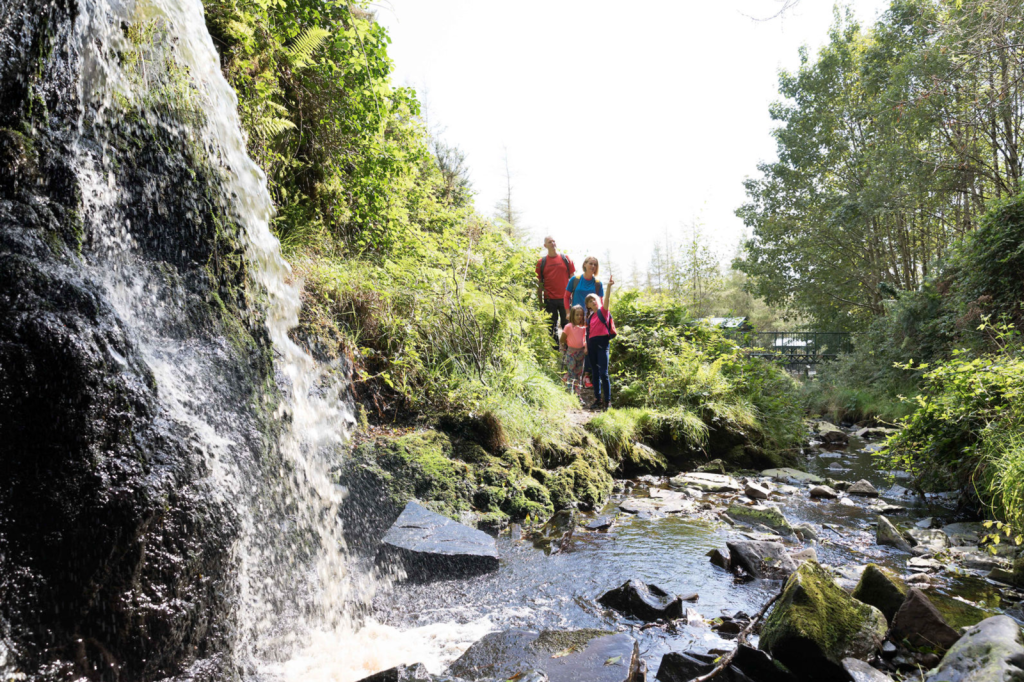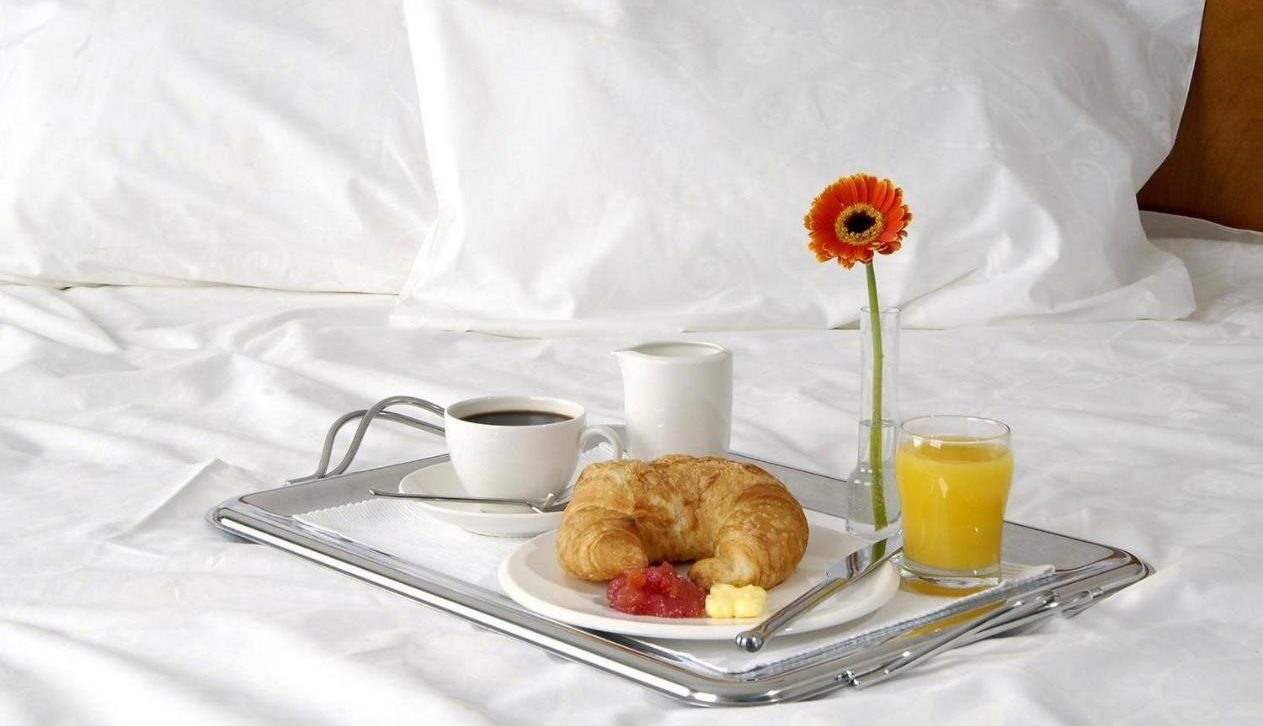Enjoy Clare’s Outdoors — Leave No Trace
Clare’s wild beauty, from its Atlantic coastlines to inland trails and historic landscapes, offers endless opportunities for exploration. By following the seven Leave No Trace principles, visitors can help protect what makes Clare special — for now and for the future.
What are the 7 basic principles of Leave No Trace?
1. Plan Ahead and Prepare
Plan ahead by considering your goals and those of your group. Know before you go – get local information, skills and gear you need to make your trip a success.

2. Be Considerate of Others
We all go into the outdoors for different reasons, so we must share. Think about others, respect their activities and what they might be trying to get out of their recreational experience.
3. Respect Farm Animals and Wildlife
Know when animals are particularly vulnerable, such as breeding times, and change your behaviour with them by observing from a distance. Avoid feeding animals either deliberately or accidentally by leaving food or rubbish lying around. Farming is a big part of Ireland’s culture and economy, know how to move through farms without disturbing farm animals.
4. Travel and Camp on Durable Ground
Some areas are more fragile than others. Choose to camp and travel on the most durable surface you can, the best ones are tracks, gravel, snow and most grasses. Impacts on fragile natural features caused by travel and camping can take many years to heal.
5. Leave What You Find
People visit natural areas for many reasons; such as exploring nature’s mysteries and surprises. When we leave natural objects and artefacts as we found them, we pass the gift of discovery on to those who follow. Many sites of spiritual and cultural significance to our natural heritage are interwoven with the natural environment.
6. Dispose of Waste Properly
Pack it in, pack it out. As users of the outdoors we all have a responsibility to clean up after ourselves. Rubbish and toilet waste are unsightly and can introduce unwanted organisms into the environment. Lead by example – if you see rubbish, pick it up.
7. Minimise the Effects of Fire
Local regulations and conditions change depending on time of year and location. Lightweight stoves, fire pans and mound fires mean campfires are no longer essential for cooking or comfort. Wildfires are often caused by carelessness and the natural appearance of many recreation sites have been damaged by campfires, including visual scarring and stripping vegetation for firewood. Where fires are permitted, keep it small and make sure it’s out by dousing with water and checking the ashes are cool.
Thank you for caring for Clare.
Your thoughtful steps help preserve our landscapes, wildlife, and heritage for everyone who follows.

